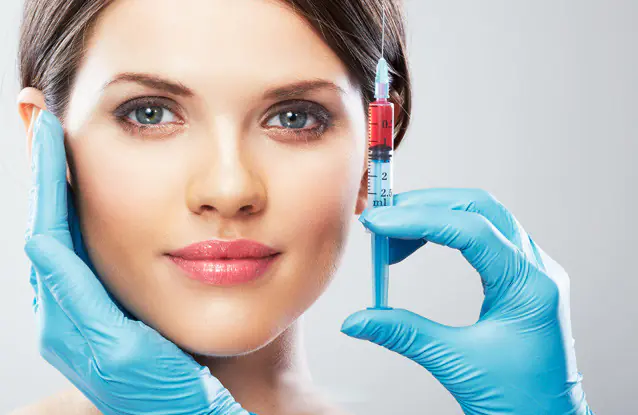Botox (botulinum toxin) is a neurotoxin that is used for cosmetic purposes to reduce the appearance of wrinkles on the face and neck. However, as it turned out, this procedure can have not only cosmetic, but also psychological benefits. Doctors have found that Botox injections make people more positive and can help cope with depression.
One of the first to pay attention to this phenomenon was US dermatologist Dr. Eric Finzi. He conducted a study, the results of which were published in the New York Times. Dr. Finzi claims that Botox not only reduces the appearance of wrinkles, but also has a beneficial effect on a person’s state of mind.
How it works? Our emotions are expressed through facial muscles. If we feel anger, fear or irritation, then our face begins to wrinkle and form into a certain image. In the case of Botox, injections block the contraction of facial muscles, which makes our face more relaxed. As a result, fear, anger and irritation are less often and less clearly demonstrated to others.
This effect may be especially beneficial for people suffering from depression. Depression is often accompanied by changes in facial expressions, which can lead to social isolation and worsen the patient's condition. Botox can help correct this due to the way it works. Reducing the expression of negative emotions can improve your mood and increase your self-confidence.
Additionally, Botox can help people suffering from anxiety disorders. Anxiety can manifest itself through the contraction of facial muscles, which leads to a stronger expression of the emotions associated with anxiety. Botox can reduce this expression, which can reduce anxiety levels.
It is worth noting that Botox is not a panacea for depression and anxiety. This is just one tool that can help treat these conditions. Additionally, Botox injections may have side effects such as headaches, muscle weakness and vision problems, so you should consult your doctor before deciding on the procedure.
In conclusion, Botox can have a positive psychological effect on people due to the way it works. Botox injections can help reduce the expression of negative emotions, which can improve mood and increase self-esteem. Botox may also be beneficial for people suffering from anxiety disorders. However, before deciding to have the procedure, you should consult with a qualified physician and evaluate the side effects.
Although Botox is not a cure for depression and anxiety, it can be one component of a comprehensive approach to treating these conditions. It is important to remember that the positive effects of Botox on mental health may vary from person to person and does not guarantee complete relief from depression or anxiety. However, if Botox treatment can help improve your mood and increase your confidence, then it can be beneficial and effective for you.



